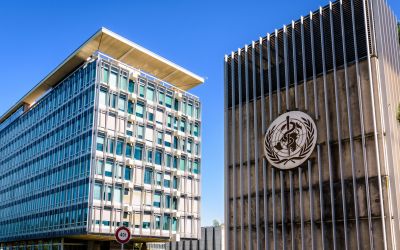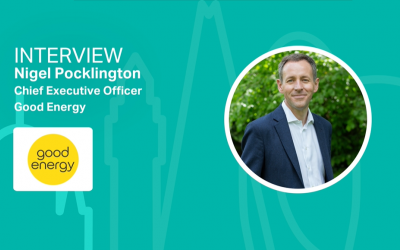International Integrated Reporting Committee (IIRC) to produce sustainability reporting framework
The IIRC will present a new international reporting framework incorporating figures on energy efficiency at the next G20.

 As investors balk at financial crisis, blue chip companies are looking to reform their financial reporting to boost investor confidence. The IIRC has announced it will assist big businesses to improve their reporting methods by providing a standardized international reporting framework.
As investors balk at financial crisis, blue chip companies are looking to reform their financial reporting to boost investor confidence. The IIRC has announced it will assist big businesses to improve their reporting methods by providing a standardized international reporting framework.
The IIRC is a collaboration between accounting, securities, regulatory, NGO and corporate organizations formed on August 3, 2010 by the Prince's Accounting for Sustainability Project (A4S), IFAC (International Federation of Accountants) and the Global Reporting Initiative (GRI).
Blue chip participants include Nestlé, Aviva, EDF, HSBC, Tata and the Big Four auditors: PwC, Deloitte, Ernst & Young and KPMG, in combination with accounting bodies such as the Association of Chartered Certified Accountants (ACCA), the International Accounting Standards Board (IASB), and the US Financial Accounting Standards Board (FASB).
The participants plan to hash out the details of the inclusion of non-financial information on corporate social responsibility, including energy efficiency reports. The additional information heralds a dramatic shift in the way international businesses are monitored by public and private regulatory bodies.
Carbon reporting is now a central issue as many investors regard sustainability as an indication of commercial opportunity and energy inefficiency as an indicator of risk. But the precise standard of reporting will need to be carefully thought out, says Robert Hodgkinson, Executive Director of The Institute of Chartered Accountants (ICA) in England and Wales.
'While some businesses would welcome the certainty of a mandatory requirement, there are several hurdles to be overcome. If disclosure is to be meaningful and comparable, it will need to be accompanied by an explanation of the basis used. For instance, it will be necessary to decide the gases to be included (carbon dioxide alone or all six greenhouse gases identified under the Kyoto Protocol), the basis of calculation to be adopted, as well as the boundaries for reporting (such as including or not including supply chain emissions)…We recognise that there are pressures from major institutional investors for such carbon disclosure and we look forward to participate actively in establishing a basis for reliable reporting of emissions.
Hodgkinson suggests that the IIRC pursue debates and testing over time to find out specifically which carbon emissions reporting indices would be most beneficial. In the UK, the Companies Act of 2006 already calls upon accountants to audit a number of applicable corporate social responsibility statements.
Potentially, the increased transparency would also allow investors to better evaluate companies profitability over the long term using carbon emissions among a range of other indices. However, it is notable that major investor organizations, such as the CFA institute or the Global Investor Relations Network, are absent from discussions.
The new reporting framework will be presented to the G20 in 2010. Although it has been difficult for diverse businesses around the world to reach an agreement on reporting standards, it is expected that G20 countries and member banks will adopt them, making them universal.
Author: Cristina Brooks | Climate Action
Image: GenBug | Flickr






